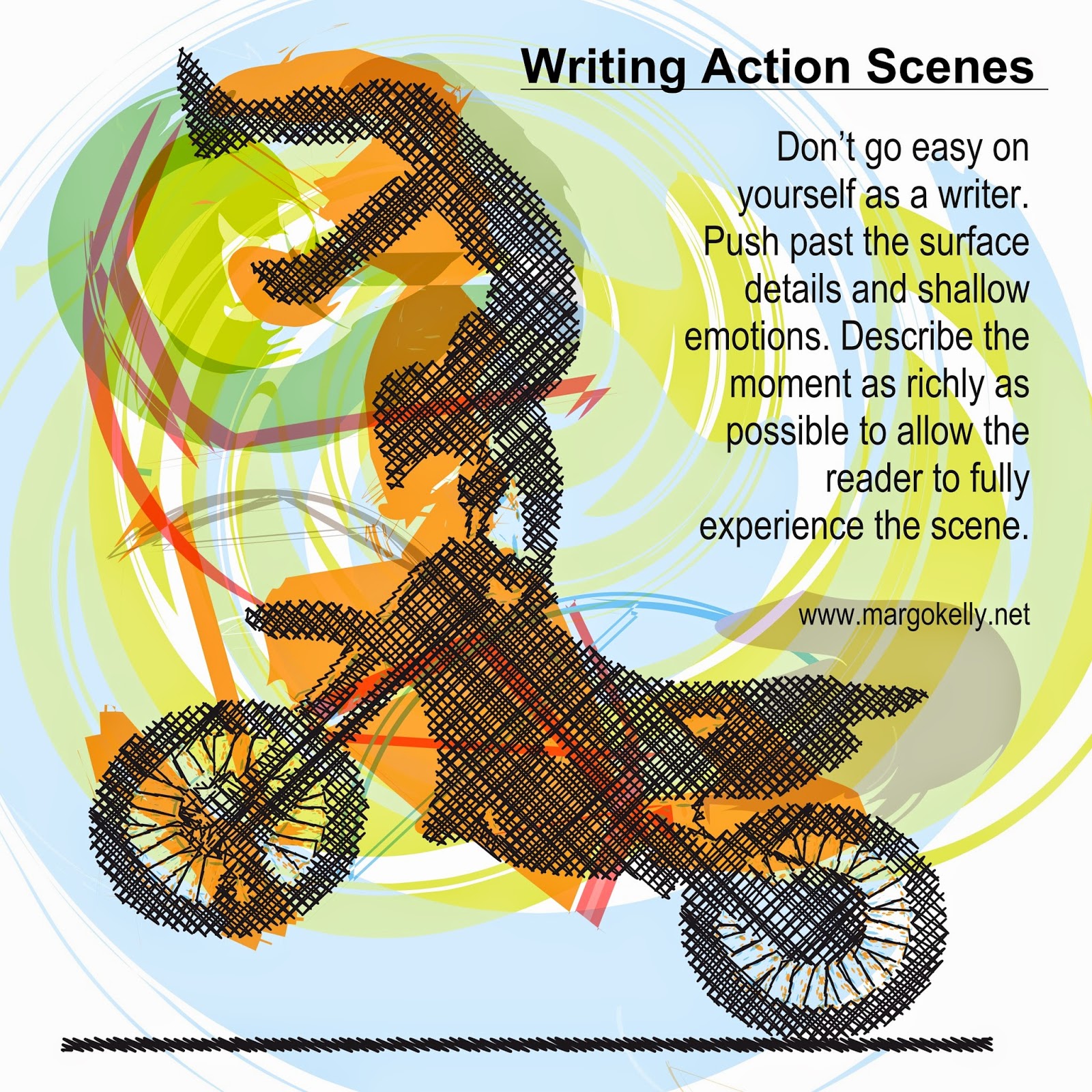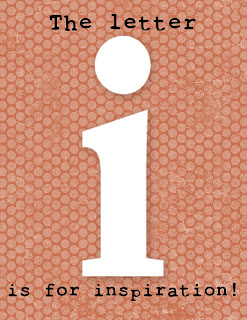It's been a while since I read a nonfiction book, so when I was offered this new one, I jumped at the opportunity. Scroll down for my complete review.
Where Do You Hang Your Hammock?
by Bella Mahaya Carter
Publication Date: June 1, 2021
Publisher: She Writes Press
ISBN: 9781647420659
Description from the Publisher:
In Where Do You Hang Your Hammock? seasoned coach and author Bella Mahaya Carter shows writers how to use their present circumstances as stepping-stones to a successful and meaningful writing life, navigated from the inside out. It encourages writers and authors to rethink their ambitions (which may be fueled by the tyrannical demands of the ego) and trust in their heartfelt purpose and values in the journey to becoming, or continuing on, as authors.
Many writers believe their self-sabotaging thoughts are trustworthy and true. They take rejection personally. They surmise that if they don’t achieve their goals they have failed, and lose sight of who they are and what matters most.
This book is for writers looking for inspiration and for authors daunted by the publishing process, who might lack the requisite author platform to get published the way they dreamed, or whose careers may not be unfolding as expected. It aims to be the friend and trusted expert writers turn to when hijacked by their own thinking. Ultimately, it reminds authors that they are infinite creators.
About the Author:
Bella Mahaya Carter is a creative writing teacher, empowerment coach, speaker, and author of an award-winning memoir, Raw: My Journey from Anxiety to Joy, and a collection of narrative poems. She has worked with hundreds of writers since 2008 and has degrees in literature, film, and spiritual psychology. Her poetry, essays, fiction, and interviews have appeared in Mind, Body, Green; The Sun; Lilith; Fearless Soul; Writer’s Bone; Women Writers, Women’s Books; Chic Vegan; Bad Yogi Magazine; Jane Friedman’s blog; Pick The Brain; the Spiritual Medial Blog; Literary Mama, several anthologies' and elsewhere.
My Review:
Where Do You Hang Your Hammock? by Bella Mahaya Carter is an excellent resource for writers.
At first, I was confused by the title. What does a hammock have to do with writing? At the very beginning of the book, Carter explains the concept with a personal story, which serves as a perfect analogy for the publishing industry. Not only did she have me hooked with that single story, but I also bought myself a hammock swing as a result. Now I just have to decide where to hang it.
Whenever I read a nonfiction book, the first thing I do is read the author's bio. What qualifies this person as an "expert" in the field, and why should I trust what she has to say? Well, Carter's bio is impressive (shown above), and it made me curious what I exciting things I'd be able to learn from her writing.
The next thing I do is flip to the table of contents, which should be easy to navigate and give an overview of the book. Carter's table of contents is clear and concise, giving a detailed roadmap of the book. This enables the reader to pick and choose topics to read in short spurts or to read the whole from beginning to end.
Then, before actually reading anything, I flip through the book and scan the pages. Sometimes a nonfiction book can feel overwhelming to me, and if there are charts, quotes boxes, divided sections--these elements help break up the narrative, making the book easier for me to digest. Carter's book is mostly narrative, but the chapters are short and the sections are divided, which helps break up the prose. Also, at the end of each chapter is a journal prompt that allows the reader to ponder the concepts presented.
The journal prompts would blend well with the "Morning Pages" concept from Julia Cameron's The Artist's Way. I intend to use the two books together to help me explore my creative confidence.
As I read the book, I was surprised more primary sources were not cited for stated facts. For example, in the chapter on traditional publishing Carter states, "...royalties--generally a small percentage (about, 7.5%)..." No sources cited. In the same chapter, she quotes Brooke Warner, writing, "...sobering fact: Only 2 percent of authors make their living from their writing alone." This is not a primary source. A primary source would be the study or research paper that gathered these statistics. Giving information in this manner can be misleading or worse yet, offer misinformation. I'm a big believer in seeking out primary sources rather than taking second-hand information as gospel truth. I wish Carter had cited actual primary sources so readers could read additional information for themselves, if wanted. This is my only criticism of the book.
This book makes a great companion book for Julia Cameron's The Artist's Way and Elizabeth Gilbert's Big Magic. If you haven't yet read either of those - I highly recommend them.
Where Do You Hang Your Hammock? by Bella Mahaya Carter is thought-provoking and insightful, helping readers explore their dreams about writing with interesting concepts to nourish their creativity.
[I was offered an early copy from FSB Associates in exchange for an honest review. This in no way influenced my opinion.]




































